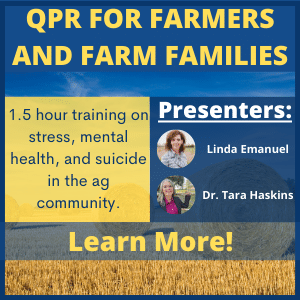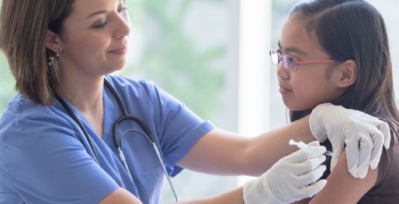Last updated on June 19th, 2024 at 11:31 am
The CDC’s COVID-19 Toolkit includes information on free masks, treatment, vaccines, and testing available in your community.
COVID-19 is commonly known as a coronavirus, which is an umbrella term for viruses identified by their unique corona or crown shape. COVID-19 specifically refers to an infection with the SARS-CoV-2 virus. Other coronaviruses include common colds, SARS, and MERS.
Since its recognition in late 2019, COVID-19 has impacted every country and community around the world. COVID-19 has proven to be very successful at transmitting between people by respiratory secretions of all sizes. Asymptomatic carriers (people without symptoms of disease) can spread COVID-19, making it difficult to identify who is actually infectious with the virus. Respiratory secretions occur while people are breathing, talking, coughing, sneezing, and more. Vaccinations are helping to slow the spread of COVID-19, but transmission continues. Along with vaccination, physical distancing, masking, and hand washing are other strategies to help slow the spread of COVID-19.
Common symptoms of COVID-19 include:
- Fever
- Cough
- Headaches
- Fatigue
- Muscle or body aches
- Loss of taste or smell
- Sore throat
- Nausea
- Diarrhea
Other symptoms could be signs of serious illness. If someone has trouble breathing, chest pain or pressure, or difficulty staying awake, get medical care immediately.
COVID-19 Resources
Articles
- Partnerships as an Avenue to Translate Emerging Disease Ecology of SARC-CoV-2 to Agricultural Groups
Information for Farmers, Ranchers and Farmworkers
- Global Pandemics and the Agricultural Workforce: Resource and Policy Implications
- COVID19 Federal Rural Resource Guide
- Ivermectin Fact Sheet [PDF]
- Multilingual Resources from the National Center for Farmworker Health
Podcast Episodes
Prevention Strategies
Webinars
| Webinar Title | Summary | Link |
|---|---|---|
| Emerging, Re-emerging and Long-standing Infectious Disease in Agricultural Workers and Cost-Effective Measures for Prevention | Request This Training | |
| Forging Partnerships and Finding Resources to Promote Worker Health | As COVID-19 vaccination requirements continue changing across the country, access to vaccines and testing remains vital for the health of our agricultural communities. Many local Health Departments have mobile units that can provide free, on-farm services. The National Center for Farmworker Health (NCFH) will share an overview of strategies and resources on how to proactively ensure the well-being of your workforce. Presenters will show you how to find free mobile health services in your area and share available resources and tips on how to find health education materials that are culturally and linguistically appropriate for farmworkers. | |
| Preventing the Spread of Infectious Disease on Farms, Ranches and Ag Workplaces | Request This Training | |
| Strategies to Increase Access to Mental Health Services in Farm Worker Communities in Post-COVID Era | Request This Training |
Page updated: January 2024




